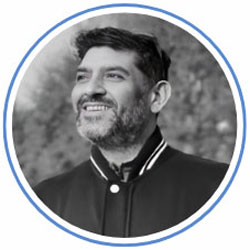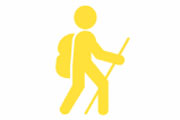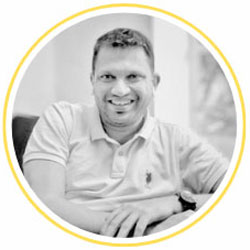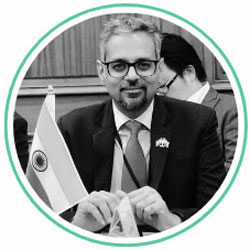The last few years have been very exciting; with all the travel and adventure and experiences. Whether it was rafting various rivers across India, Nepal, Zimbabwe or Austria or going on a 5000 kms drive through the silk route in Central Asia; each journey or trip has been an eye opener and a heart awakener. It has made me re-realize the enormity of what we call nature, the power that land and water and air have and how it is important and almost inevitable to be humble when you head out in the extremes. Another deep learning has been to understand how teams should be.
I like to travel into the wild to spend time with myself and also to regain my focus on things that are important, personally and also work wise. One of the “side-effects” of following the Joseph Campbell’s Hero’s Journey is that the difference between the “ordinary world” and the “special world” diminishes or dulls. Every time I have returned from the wild, my mind has been full of ideas to execute. Whilst I was following Campbell’s 12-step monomyth, it also has a lot to do with being in isolated places where very few human beings have been. The quiet and the stillness amongst the raging waters, while rafting rivers, or the expansive desolate spaces in Central Asia pushes your mind to settle and your heart to awaken. The ego is slowly pushed out, the demarcation between the person and the persona increases and perspectives become clearer and it leaves a sense of stillness and silence – both, the highest forms of movement and communication, respectively.
As an experiential educator and leadership facilitator I have had the privilege of addressing and sitting through countless trainings that talk about teamwork. A lot of them have been very valid and give a deeper understanding of the group dynamics whilst others have been a lot of jibber jabber.
One of the basic rules of adventure travel is to trust the people you are travelling with. There is no “I”, only “Us”. Your team members are the ones who come to your rescue if you fall into a rapid on one of the fiercest rivers in the world, or tear your shoulder and forearm ligament in 24 hours, in Africa, or if your legs stop moving and you cant breathe due to Altitude Mountain Sickness (AMS) at 14000 ft. above sea level in an extremely inhospitable terrain in Central Asia. They don’t desert you. They are the ones who take care of you. While I was in Central Asia in the middle of the Pamir mountains, I fell sick. I couldn’t move and I couldn’t breathe. I had forgotten to eat the medicine for AMS before I left. My team massaged my legs to get the blood running again after giving me emergency medicine. While I was rafting the Zambezi river in Zimbabwe, I tore my first shoulder ligament in the first 20 minutes of being on the river. My team members helped me manage the pain. When I tore the second ligament on day 2, my team members were there again. I wouldn’t have managed to complete the whole rafting section without them.
Another learning that has been engrained is to “Trust your leader, your guide, your expedition head”. Without them, your experience will be rudely cut short. They are the experts at what they do and putting your trust in them will only make the journey and the adventure worth its while. They are the guides for a particular reason. I have noticed something about the many guides I have travelled or worked with. They don’t show off. They don’t dominate their team. They don’t shout. They allow you spaces where the experience is manifested into beautiful memories. They are calm. They don’t panic. They are your pillars. They inspire.
There is no space for ego in the wilderness. As soon as ego starts playing havoc in the head, you will falter and when you are in the outdoors, every fault could be fatal. When the ego disappears or fades away, it gives clarity; clarity to say NO. I have seen a lot of macho men and women who, because they cant say a no, end up suffering and hurting themselves. As a traveller, you need to know your boundaries, your fitness levels, your commitment and your abilities. And sometimes it is wiser to say No and back out.
Talking about inspiration, I attended a talk a couple of years back called Leadership – the Shackleton way. Ernest Shackelton was an Irish sailor who made three trips to Antarctica. In 1914, his third trip was on a ship called “Endurance” planning to cross Antarctica via the South Pole. Early in 1915, ‘Endurance’ became trapped in the ice, and ten months later sank. Shackleton’s crew had already abandoned the ship to live on the floating ice. In April 1916, they set off in three small boats, eventually reaching Elephant Island. Taking five crew members, Shackleton went to find help. In a small boat, the six men spent 16 days crossing 1,300 km of ocean to reach South Georgia and then trekked across the island to a whaling station. The remaining men from the ‘Endurance’ were rescued in August 1916. Not one member of the expedition died.
When I attended this talk, I got intrigued and inspired. Also the speaker, in his late 60’s or early 70’s had returned from Antarctica. I was thrilled. Plus all the questions: You don’t want to be stranded in Antarctica. Especially in 1915 when the facilities to remain warm were far lesser than what we have now. How did he manage it? Why did his team trust him? Did the six crew members desert the others? All these questions have been answered in “South” – an account of Shackleton’s Endurance expedition. This story motivated me start planning my own Antarctica trip, hopefully in 2019. It is an expensive affair and requires a lot of preparation. I guess, we all need to find the Shackleton within ourselves. And we push our boundaries to find our own inner Hero, all over again.
 Vikram Badhwar, CEO, Syngrity, is a communications coach, an experiential educator, and an artist trying to bridge the gap between the creative and the analytical side of our brain. He consults global teams in the space of learning behavioural patterns and implementing new techniques to reach Max Q potential.
Vikram Badhwar, CEO, Syngrity, is a communications coach, an experiential educator, and an artist trying to bridge the gap between the creative and the analytical side of our brain. He consults global teams in the space of learning behavioural patterns and implementing new techniques to reach Max Q potential.


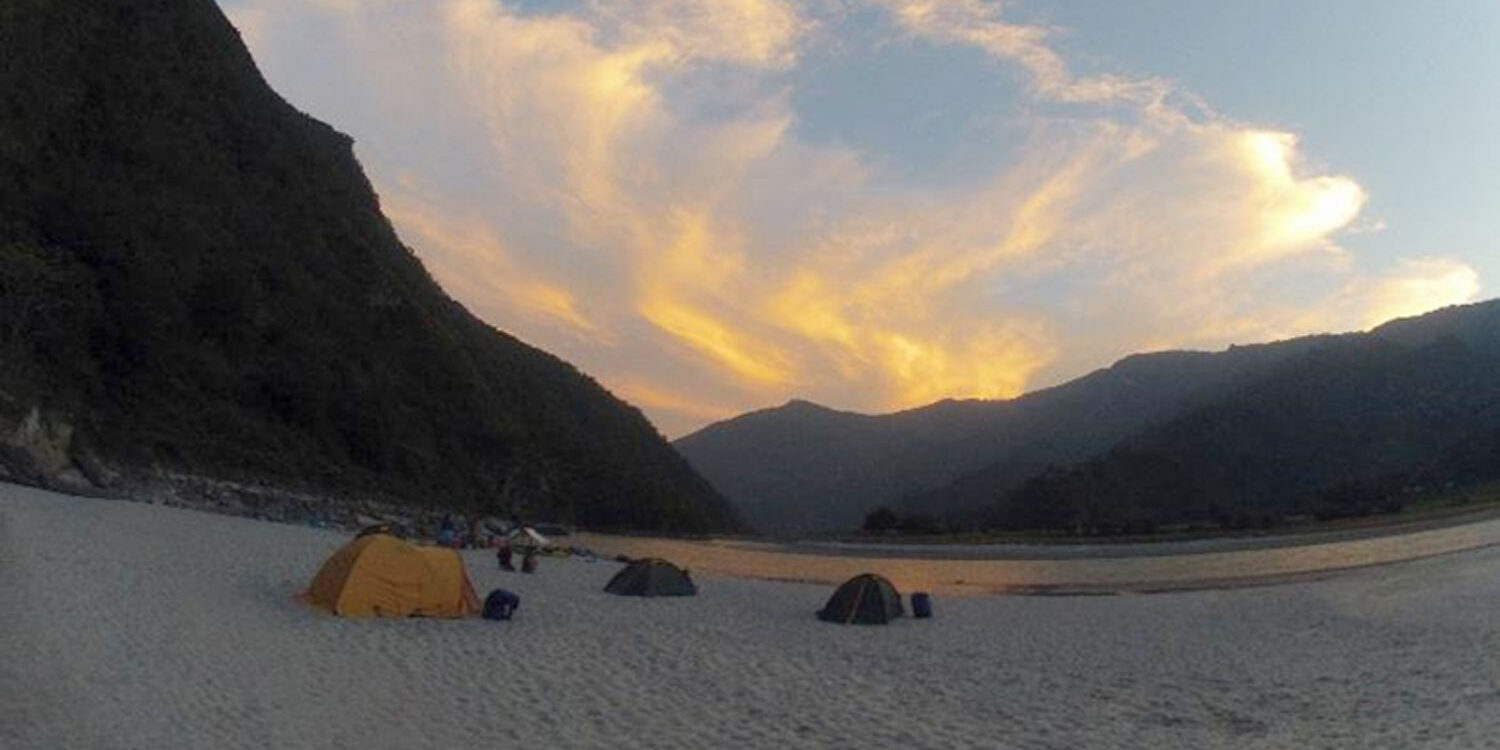




 MALATI VASUDEVA
MALATI VASUDEVA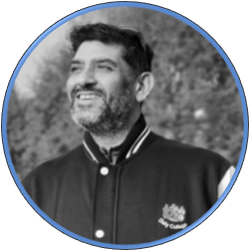 VIKRAM BADHWAR
VIKRAM BADHWAR PRIYANKA KUMAR
PRIYANKA KUMAR SUMAL VARGHESE
SUMAL VARGHESE

